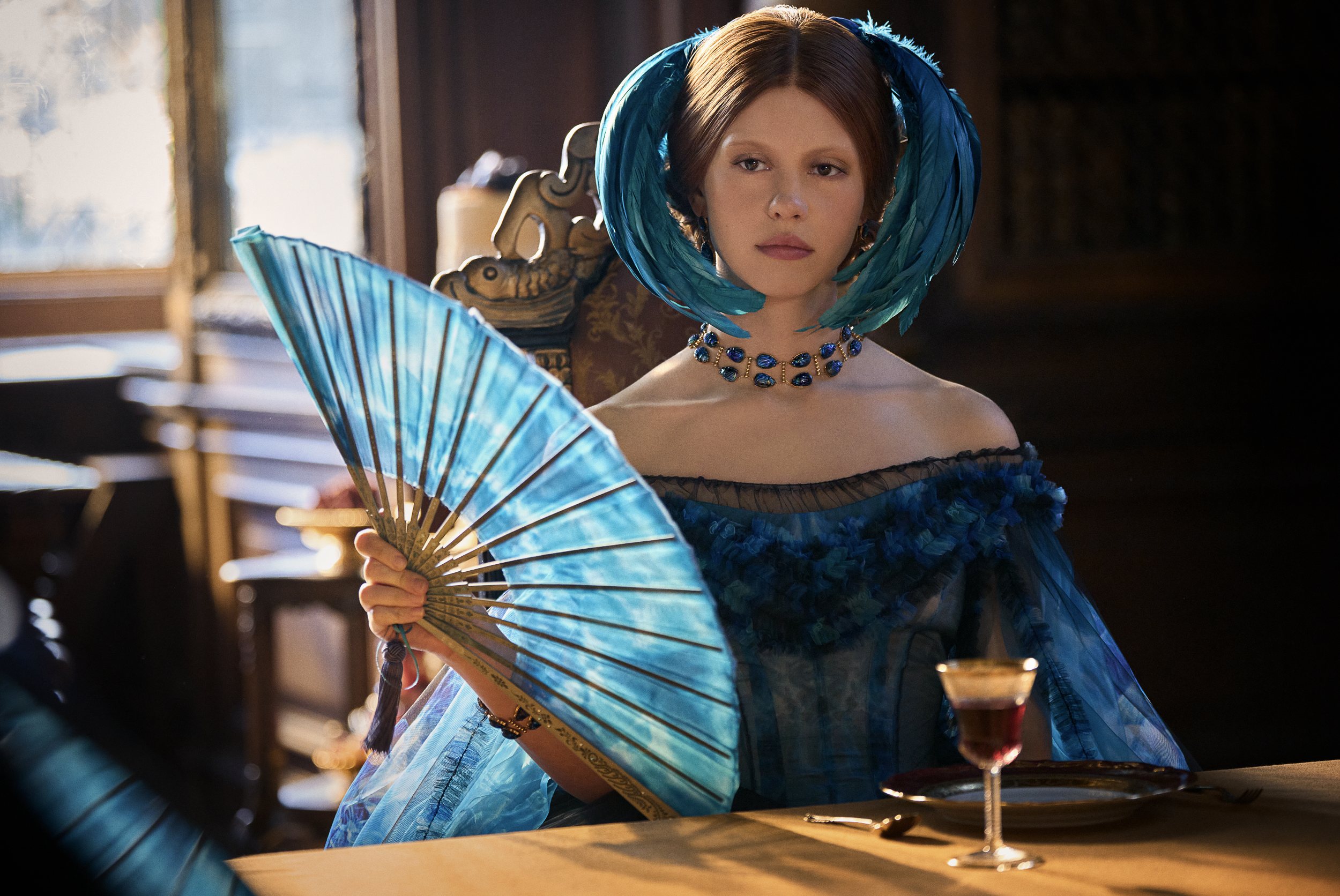“It’s a Father-Son Story”: Guillermo del Toro on his Reimagining of Frankenstein
Speaking to Phantasmag at the Venice Film Festival, the Mexican director explains why adapting Mary Shelley’s novel was his “Mount Everest”
Words by Alex Secilmis
© Netflix
You’ve been trying to get this project off the ground for multiple decades. How did you first connect with Shelley’s story?
Ever since my childhood, I’ve wanted to make two movies: Pinocchio and Frankenstein. I saw James Whale’s film when I was young—perhaps a little too young—and it was something of a religious experience for me. There was all of this Catholic imagery, and I immediately resonated with the monster. He didn’t fit in, and neither did I.
What made you pursue an adaptation for so long?
It was my Mount Everest. You can see elements of everything from Cronos to The Shape of Water in this film, because I’ve been building to it my whole career. I’ve tried many times, and it’s fallen through—at times I’ve even been afraid of it, because once you do it, it’s done, you know?
© Netflix
You’ve transposed the story to Victorian Britain. What prompted that change, and how did you balance your original stamp with a faithfulness to the book?
Well, Frankenstein wasn’t a period piece when Mary Shelly originally wrote it. It was a modern book. I wanted Victor to be dressed like Mick Jagger in 1970s Soho, and I wanted the sets to be full of colour. I’ve said that adapting is like marrying a widow—you have to be respectful of the late husband, but you should also have a good time every Saturday night. You have to make the story your own in some way; otherwise, why make the movie?
Speaking of Victor, how did you and Oscar Isaac create this new version of the character?
We’ve seen the interpretation of the scientist many times, but we saw Victor as a rock star. He’s a misunderstood artist, and the lab is his stage. But he also sees himself as a victim, even when he’s villainous.
© Netflix
You’ve mentioned that you don’t see Frankenstein as a traditional horror film. How did you approach the material instead?
Really, it’s a father-son story at its heart. There’s Victor’s fractured relationship with his own father, which he then replicates with the creature. I’m interested in those emotions, so I’m making a melodrama, not a horror film.
With your insistence on everything from practical sets to a theatrical release window, your vision of cinema stands out in a shifting industry. Why were these things so important to you?
I wanted it to feel like an old movie from the heyday of Hollywood. I wanted a big, beautiful, operatic production made by humans, and unfortunately, that’s very uncommon these days. As for seeing it in theatres, I fought for that, and I’m happy that Netflix is playing it in cinemas. You have to preserve these experiences.
Frankenstein plays in select theatres from October 17th, before releasing worldwide on Netflix on November 7th


